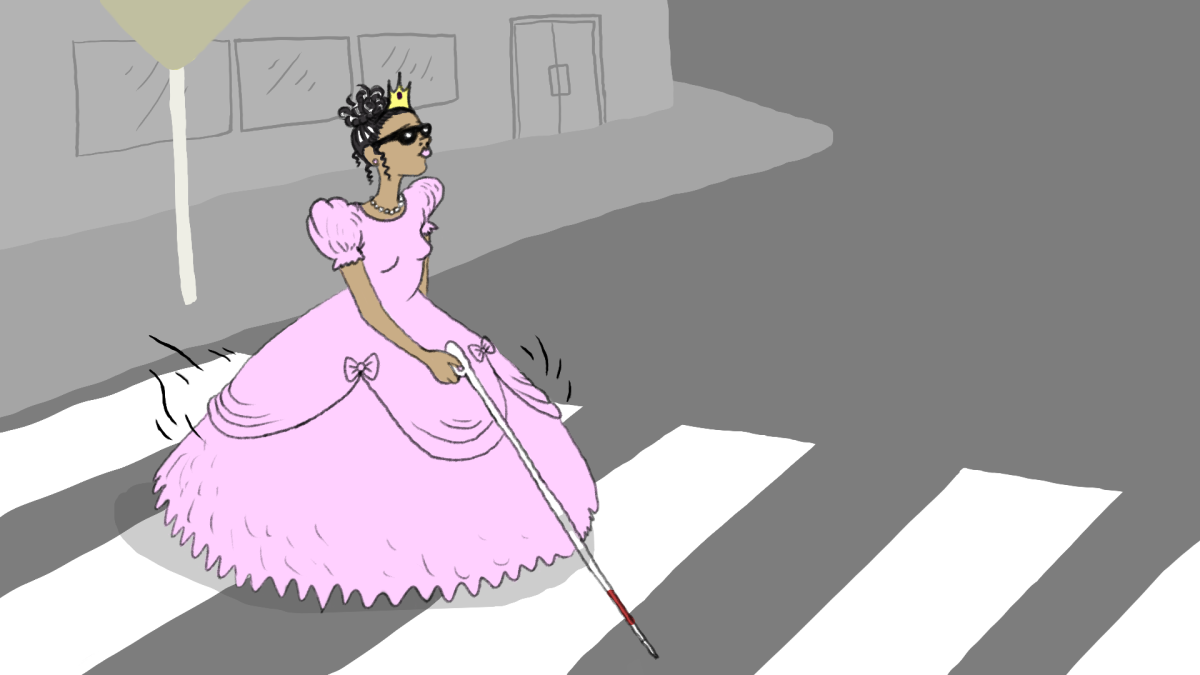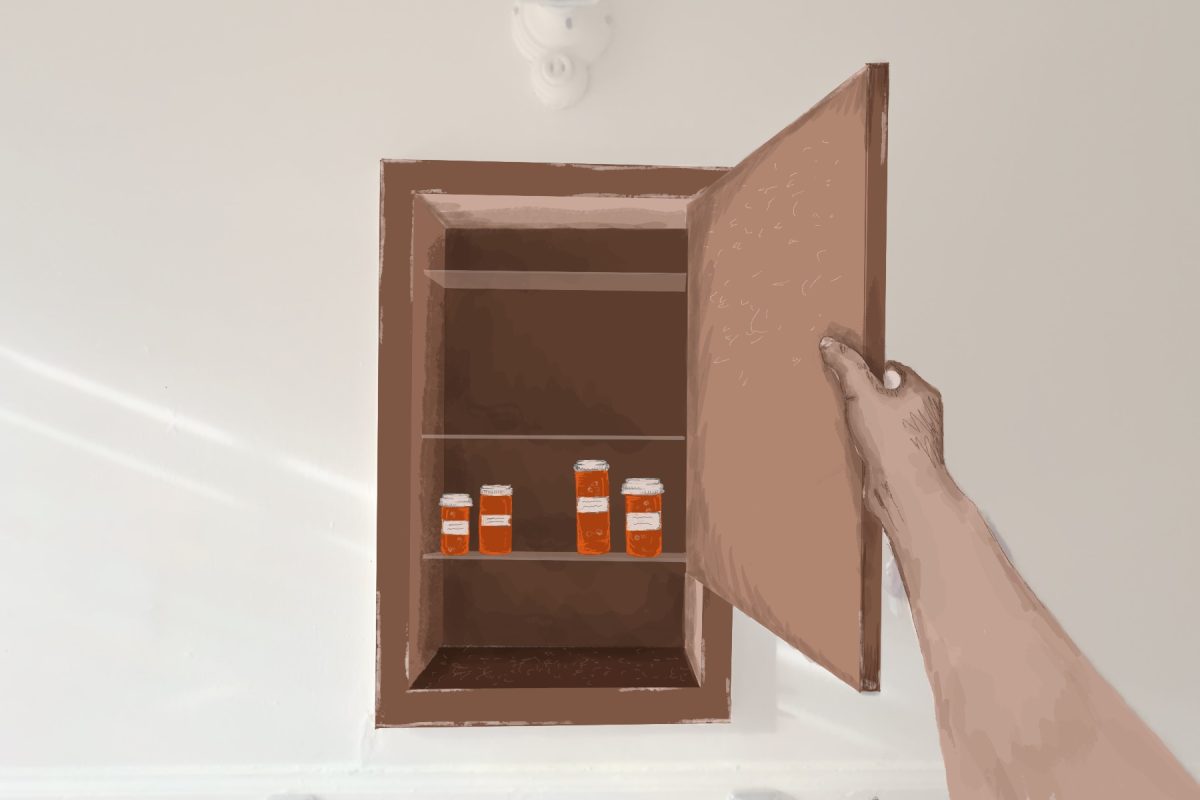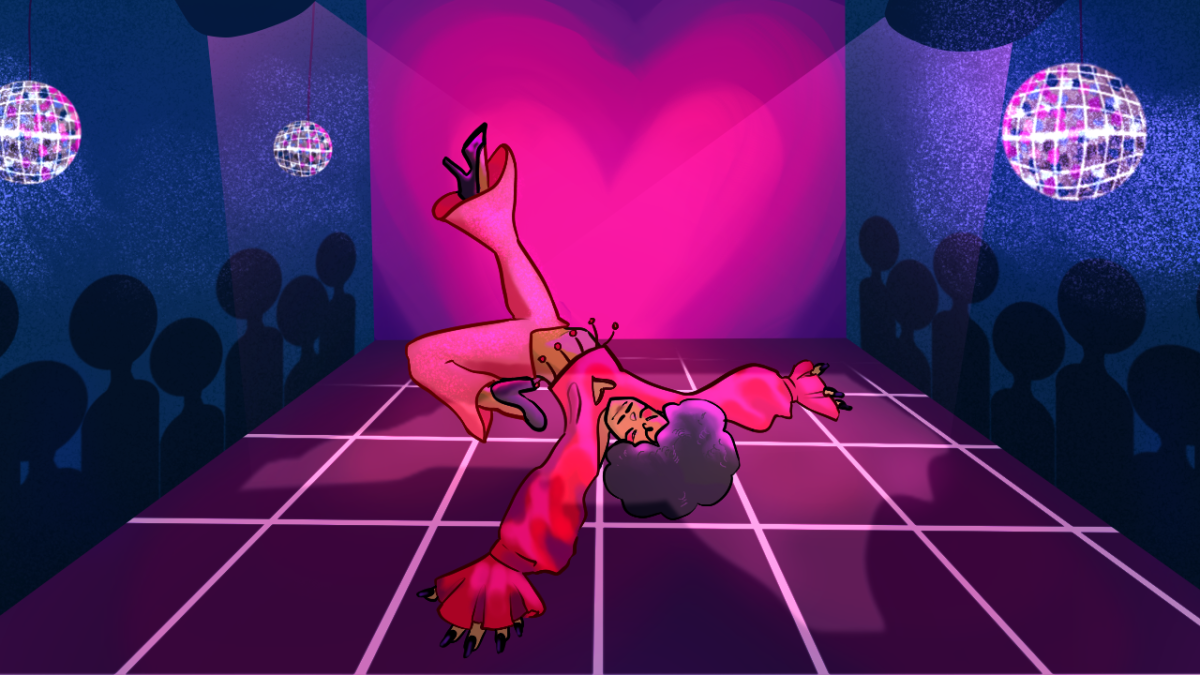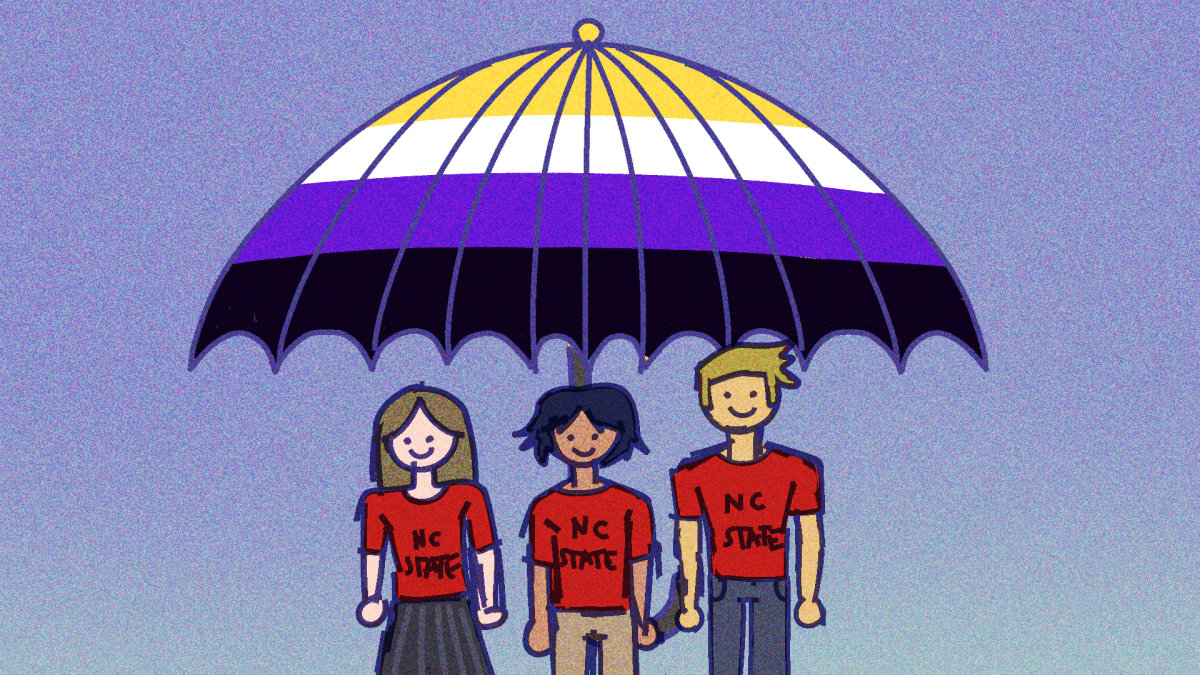Unpatriotic tears flowed from my eyes when I got the CNN notification on my phone that Ted Cruz had dropped out of the race. Not that I liked the “outsider,” but the moment all but assured that my biggest fears of Trump’s ascension to the Republican throne became true. By all standards, nobody saw this coming. Political scientists have tried to pinpoint exactly why and how this remarkable victory came into hellish fruition. I blame myself.
I’m a moderate Republican. I believe in market solutions, a strong national defense and deregulation. The Republican Party has faced an identity crisis for the past six years, and it all began with the emergence of the Tea Party in the 2010 midterm elections. Many establishment GOP members lost their congressional primaries to upstart private citizens, with their pockets full of Koch money and broken ideologies to pollute an entire political party. This furthered the hyper-partisanship of the political system to a level that we hadn’t seen in decades and was the beginning stages for the rise of a figure like Donald Trump into the spectrum. The Tea Party was the biggest major fraction of the Republican base, and I’m guilty of subscribing to that fraction.
Tea Party policies and ideals have become the mainstream aspects of GOP platforms across the country. Gone are the days of limited government, entitlement reform and rational thinking regarding the national economy. The Republican voter base has come to represent the contorted ideals of the Tea Party, and the party has shifted with the wind. The new GOP is a medley of semi-anarchist policies, fear-mongering claims about Barack Obama’s regime and a semi-unconstitutional devotion to Christianity. The biggest selling point of the platform is an opposition to anything that Obama has done or will ever do in office, as GOP candidates all promise to stand up to Washington and “give power back to the people.” In 2016, the only real requirement to be a Republican is to hate Democrats. There are rarely compromises, and that is why Washington exists in such gridlock. While the Democrats are currently facing an identity crisis, it’s almost solely the fault of the Republicans in Congress for the current problems in Washington.
The Republican voters then get upset with the gridlock in Washington, even though it’s their own representatives creating the animosity. I was one of those people. While I don’t believe that my sentiments toward Obama are in any way fueled by his race, there are many members of my party who still use Obama’s “socialist” policies as a cover for their internal prejudice.
We give the blame for the problems in Washington completely to Obama and the Democrats, and not to the lackluster representatives who swept into their seats with Koch money. I blindly accepted Tea Party views until just recently because that’s what the GOP had become. While Obama hasn’t been close to the best leader that we’ve had, he hasn’t been the catastrophe that Sean Hannity claims on his show every evening. There might be a culmination of factors that feed into the angst that many Americans feel toward the government, but the Tea Party is at the forefront of all of them.
Standing idly by and letting the Tea Party movement manifest into the GOP has created a contorted platform that wasn’t the intention of Lincoln, Eisenhower and Reagan. I accepted the Tea Party because it was what my party accepted, and I blindly followed as the party changed its views drastically in just six years. The anger that people have towards Washington has led them to supporting Trump, and that anger was a result of the Tea Party catalyst.
Republicans should have stood up to the Tea Party. RINOs, as they call moderate establishment supporters and representatives, stood idly by as their seats were taken over and many of them moved further right than what the party believed. I was one of them, and understand now the twisted nature of the Tea Party’s beliefs. Republicans are paying the price now, and we deserve to pay for it. I’m responsible for Trump, and I apologize for that.







